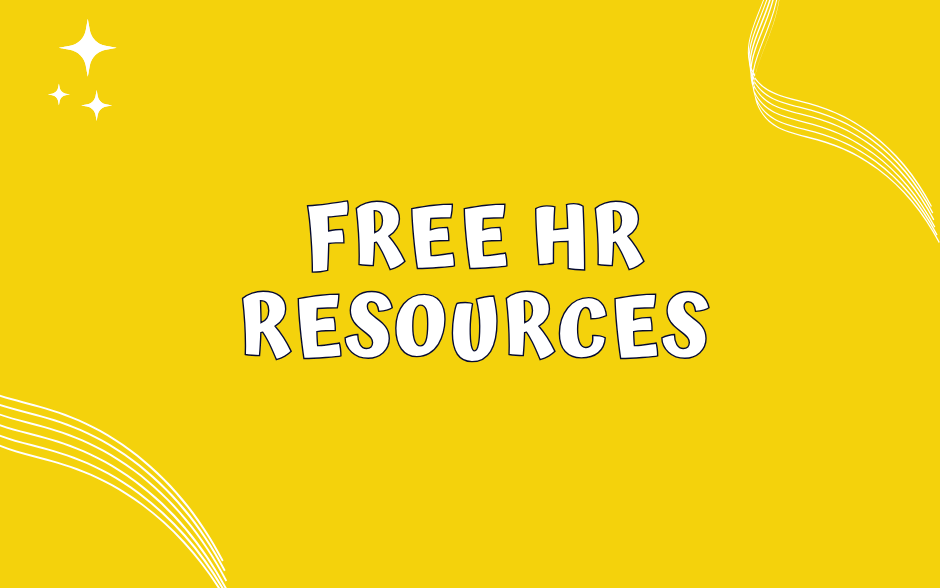I'm worried my employee is turning to drink. What should I do?

With the stress of lockdown and isolation, it's no wonder that many people are turning to drink to find some escapism. In fact, recent stats show that Alcohol abuse has increased during the coronavirus pandemic, according to the British Liver Trust, which has reported a 500% rise in calls to its helpline since lockdown began in March.
Why is why I'm delighted to share these tips from John Gillen, the Director of Rehab Clinics Group, to help you proactively spot alcoholism and support your employees through this difficult time.
Did you know?
Alcoholism is a fast-growing problem in U.K. workplaces. It can affect anybody and realising there is a problem and then recognising who is suffering may be challenging for many employers. The impact of alcoholism in the workplace can be devastating and can include health and safety issues, increased absenteeism, poor work performance and incomplete work. The effects can have an impact on the workplace culture as colleagues are under pressure to undertake more work and cover-up for the mistakes being made.
Relationships between colleagues can be affected and employees may resent the extra pressures that they face as well as being concerned for their colleague. This causes problems for both the employee and the employer.
Many employers may be worried that they have staff who are suffering with alcoholism but are not sure what they should do. This guide details how to recognise addictive behaviours and gives the steps required to deal with potential alcoholism at work.
How to Spot Alcoholism in the Workplace
The workplace can be a fast-paced environment and can also be stressful and full of pressures for employees. It can be difficult to determine whether an employee is suffering from alcoholism or is suffering from mental health problems and anxiety resulting from stress.
It is important to distinguish between mental health issues and alcoholism so that the correct actions can be taken. Getting it wrong can have terrible consequences.
Look out for the following signs:
- Is the employee more absent from work?
- Is the employee having or causing more accidents or injuries in the workplace?
- Is the employee showing signs of regular hangovers?
- Has the employee’s performance reduced and are they making mistakes?
- Are they showing ongoing signs of mental health problems?
If you answer yes to most of these questions, then it is possible that alcoholism is the cause. There may be other underlying causes such as other behavioural or mental health issues but learning to recognise the signs of alcoholism or alcohol abuse can help you to tell the difference.
Keep a log of the issues that you are aware of and listen to colleagues when they report incidents to you so that you can build up a picture of what is happening.
Why it's important to deal with alcoholism
Alcoholism is a severe problem that can have serious consequences in the workplace as well as for the employee. The employee may have issues with mental and physical health as well as experiencing difficulties with personal relationships. Employers who suspect an employee of having problems with alcohol should offer support and help. It is important for the employer to remain calm even though the situation can be very challenging.
It is advised to be cautious although if an employee has consumed alcohol on the premises, they could expect to lose their job as it would go against the code of conduct. Termination of the employee’s contract should be a last resort due to the employee’s vulnerability. Whilst being sympathetic, the employer needs to address the issue promptly to stop accidents, loss of productivity and loss of revenue.
The benefit of dealing with the issue and supporting the employee is that the employee can recover and return to full productivity.
Five Tips for Dealing with Alcoholism in the Workplace
- Every workplace should have a written policy which deals with addiction, alcoholism and abuse of alcohol. It should support employees as well as the business. It should be written with the support of the HR department and should be freely available and shared with all employees. There should be regular training on dealing with alcoholism for all managers, supervisors and employees. It is helpful to signpost employees to helplines and support groups for employees to seek support.
- The employer must first be certain about their suspicion of alcoholism in the workplace. They must know the signs of alcohol abuse and alcoholism and be able to distinguish them from other issues. The employer should be able to document issues and produce proof and evidence of what they have noticed and focus on this in order to encourage a positive environment for discussion. A false accusation can lead to legal action by the employee as well as a loss of trust and a good working relationship.
- It is important for the employer to be compassionate and sensitive to the reasons why the employee has developed a problem with alcohol. This will be a difficult time for the employee, and they are more likely to open up and talk about their issues if they feel supported and not judged which can then lead on to successful rehab treatment and recovery.
- The employer should have a good knowledge of recovery and addiction programmes. Advising the employee where they can get professional assistance can help them to engage in rehab treatment programmes that can help them. This will then be the first step towards getting the right support and aid the employee’s recovery.
- Remember to listen to the employee without judgement. An open-door policy can encourage an employee to be trusting and willing to talk about their issues freely without the fear of being judged.
Treatment Options
By following the 5 steps above, the employer can form an action plan to offer support to an employee in the workplace who is having problems with alcohol. Next, it is important to consider the different treatment options open to the employee with alcohol problems. There are inpatient and outpatient options which will suit different people depending on their circumstances.
In-patient treatments may require that the employee take time off work. Your HR partner can advise whether this is possible and consider the benefits.
Outpatient treatment will offer support groups and other therapies that may operate outside of work hours. Some employees may benefit from maintaining some of their normal routines whilst receiving support. We advise you to contact Rehab Clinics Group for more advice on both inpatient and outpatient alcohol treatment options that we can offer to employees who are having difficulties with alcohol.






